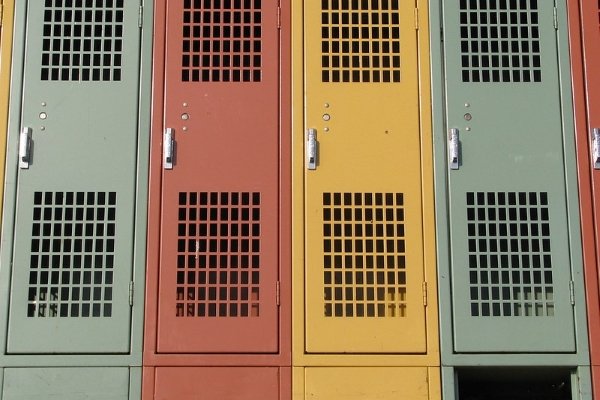Romeo, Julietta, y Emilia by Marcos Damián León
Poetry and short-shorts reader Joseph Self on today’s piece: What is a shadow? We cannot make it through a day without witnessing light and its inability to penetrate; a tree branch, our hands held before us, a coffee mug on the counter. In our opacity we see the world and ourselves reduced to flat planes, simple and dark. During the day these false bodies are weak in the face of so much light, but when night falls, the shadows merge into a vastness we cannot hide from nor escape. In W.S. Merwin’s poem “The Last One”, shadows are defined by their ability to stick, to blind, to consume, and to destroy. Shadows become a supernatural entity, born from our ancient fear of the unknown, just as they do in today’s piece, “Romeo, Julietta, y Emilia,” which seems to ask what we'll do when the shadows reach for us, especially when they’ve already taken people we love.
romeo, julietta, y emilia
My students say their parents don’t feel safe coming to the school. Nights have grown darker, shadows taking so many. But this play means everything to them.
“Let me figure something out.”
During lunch, I run across town to buy a camera and lights. There goes my grocery money. Whatever. These kids are all I got.
I spend my afternoon setting up a janky stream. I email the parents a note that even if they can’t come to campus, they can still watch their children’s performance.
Then I stand outside the entrance. Using spotlights to create a path. Shadows creep out, tendrils reaching for parents’ feet as they approach. But they take no one. The theatre fills.
It’s showtime.
The curtain rises, but we keep the lights on.
Romeo and Julietta eye each other at the swap meet where their families sell food. Tybolio and Mauricio battle with their annual cook-off. Julietta's parents threaten her with Catholic boarding school if she tries to date before she’s twenty-five, and Romeo's parents send him to his Tía in Bakersfield to curb his girl-chasing.
In their final scene, Romeo brings Julietta his “pupusa tacos,” a dish that had a little of both of them. No one dies, but Romeo and Julietta end the play with only memories of each other—a tragedy all the same.
The curtains fall. Parents in the crowd clap. Someone on the stream unmutes to do their best grito. Each of my students demands a picture with me.
Everyone goes home to their family.
I enter my dark kitchen. Sit at the table beside the picture of Emilia. I tell her how great my students did today. She would’ve loved the show.
Marcos Damián León is a PhD candidate at Texas Tech University and a managing editor at Iron Horse Literary Review. He is writing a novel about the exploitation of farm workers in California. His work has appeared or is forthcoming in The Taco Bell Quarterly, Flash Fiction Magazine, and others.




